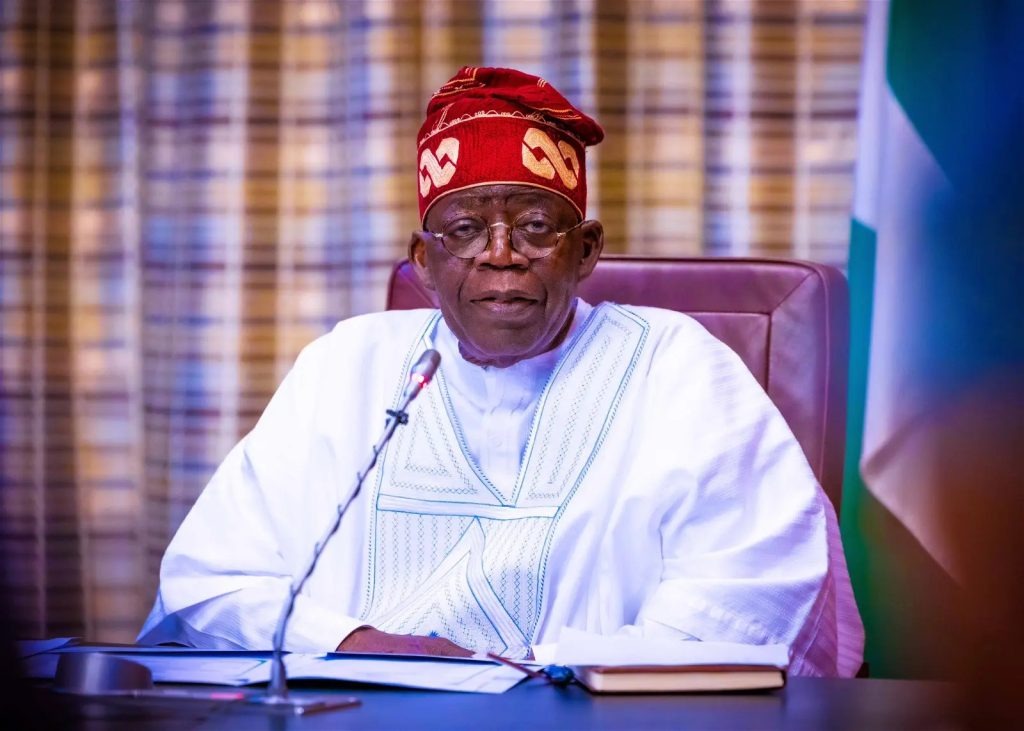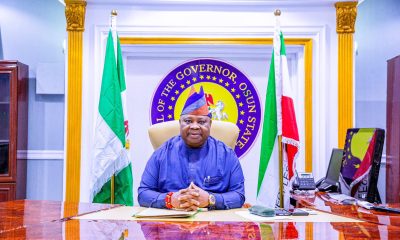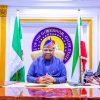Politics
How to survive President Tinubu Economy in Nigeria : MUST READ
How to survive President Tinubu Economy is already the next thing on the mind of every Nigerian. some of them have tried the following:
- Small jobs/entrepreneurship. …
- Farming or Agriculture
- Seeking family support. …
- Seeking spiritual support. …
- Thrift Contribution …
- Trade by Barter. …
- Adaptation. …
- Self-development and discovery
READ ALSO : Lil Frosh – Money is my guy ft Zlatan Ibile : MUST LISTEN
READ ALSO : Top 5 Skills for Every Nigerian Student in 2024 – LEARN MORE –
Introduction

Nigeria’s economy has long been plagued by inefficiency, corruption, and policy missteps. However, with the inauguration of President Bola Tinubu, there is renewed hope for change and economic growth. Tinubu has already taken bold steps to tackle Nigeria’s economic challenges, but the road to recovery is not without its hurdles. In this article, we will explore the key issues with Nigeria’s economy, Tinubu’s plan for turning things around, the progress made so far, and the implications for businesses and individuals in the country.
The Challenges Facing Nigeria’s Economy
Nigeria’s economy has been grappling with a range of issues that have hindered its growth and development. One of the most pressing challenges is the high level of poverty, with about 40% of the population living in dire conditions. Unemployment and underemployment rates are also alarmingly high, leaving many Nigerians struggling to make ends meet. In addition, inflation has reached an 18-year high, eroding the purchasing power of the average citizen.
Corruption is another major problem that has plagued Nigeria for years. It has permeated many state institutions, hindering their effectiveness and undermining public trust. The country has also been grappling with security challenges, with armed bandits and Islamist militants wreaking havoc in the northern regions. These issues, coupled with a bloated public debt, have created a challenging environment for businesses and individuals alike.
Tinubu’s Vision for Economic Transformation
President Tinubu has outlined a comprehensive plan to revitalize Nigeria’s economy and set it on a path of sustainable growth. His priorities include boosting manufacturing, improving access to electricity, simplifying the exchange rate system, and investing in infrastructure. Tinubu aims to create an enabling environment for businesses to thrive, attract foreign investment, and generate employment opportunities.
One of the key areas of focus for Tinubu is the removal of fuel subsidies. These subsidies, which have been in place since the 1970s, have been a significant drain on the government’s finances. By scrapping these subsidies, Tinubu intends to redirect the funds towards improving healthcare, education, and job creation. However, this move has not been without its challenges, as it has resulted in a sharp increase in fuel prices and subsequent public backlash.
How to survive President Tinubu Economy

Progress and Challenges
Since assuming office, Tinubu has wasted no time in implementing his economic agenda. He took the bold step of removing fuel subsidies, a move that was met with mixed reactions. While it was necessary to reduce the burden on the government’s finances, the immediate impact was felt by the average Nigerian in the form of higher prices for essential goods and services.
To mitigate the effects of the subsidy removal, Tinubu has allocated funds to cushion the impact on citizens. He has also declared a state of emergency to address food security and supply chain issues, recognizing the importance of agriculture in Nigeria’s economy. However, there is still much work to be done in tackling inflation and ensuring that the most vulnerable citizens are not left behind.
In addition to these measures, Tinubu has made changes to the leadership of key institutions. The removal of the central bank governor, Godwin Emefiele, was aimed at addressing issues with the management of the country’s currency. Tinubu has also suspended the head of the anti-corruption agency, Abdulrasheed Bawa, in response to allegations of abuse of office. These moves demonstrate Tinubu’s commitment to tackling corruption and improving governance.
The Impact on the Naira
The Nigerian currency, the naira, has been a cause for concern in recent years. Under the previous administration, the central bank implemented tight controls on the exchange rate, leading to a thriving black market and a significant gap between the official and parallel market rates. Tinubu’s government has taken steps to liberalize the foreign exchange market, allowing the naira to find a market-driven exchange rate.
While this move was welcomed by investors and economists, it initially led to a sharp depreciation of the naira. The central bank has intervened to stabilize the currency, but there is still a backlog of demand for foreign currency that needs to be addressed. The success of this policy will depend on the government’s ability to attract foreign investment and boost exports to strengthen the country’s foreign reserves.
How to survive President Tinubu Economy
The Way Forward
President Tinubu’s economic agenda holds great promise for Nigeria’s future. However, the road to economic transformation is fraught with challenges. It will require sustained efforts to address corruption, improve governance, and create an enabling environment for businesses to thrive. Key sectors such as manufacturing, agriculture, and infrastructure will need targeted investments and policy reforms to unlock their potential.
For businesses and individuals, adapting to the changes in Nigeria’s economy will be crucial for survival and growth. It will require a proactive approach, embracing innovation, and seeking opportunities in emerging sectors. Diversifying revenue streams, exploring export markets, and investing in skills development will also be essential for long-term success.
How to Thrive in Nigeria’s Evolving Economy Under President Tinubu
In conclusion, Nigeria’s economy is at a critical juncture, and President Tinubu’s leadership offers hope for a brighter future. While the challenges are significant, the government’s commitment to reform and transformation provides a unique opportunity for businesses and individuals to thrive in Nigeria’s changing economic landscape. By embracing change, harnessing innovation, and adopting a long-term perspective, stakeholders can position themselves for success in the Tinubu era.






















